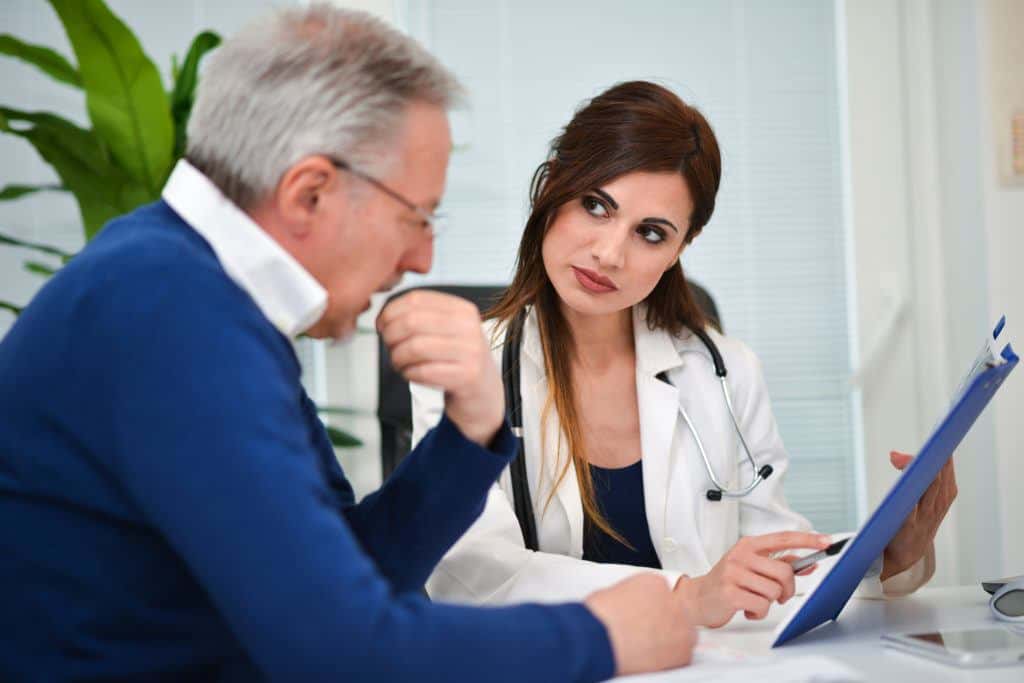Primary and Secondary Causes of Hypogonadism
Male hypogonadism, also known as testosterone deficiency, is a common issue that affects an estimated four to five million men in the United States. It can begin as early as fetal development, before puberty, or most commonly, during adulthood and in older males. While hypogonadism in males is more common, female hypogonadism is also possible.
What Is Hypogonadism?
Hypogonadism is commonly mistaken for andropause, or male menopause, since the symptoms are very similar. However, andropause is a natural part of aging, and involves the progressive decline in testosterone. Hypogonadism, in contrast, is a condition in which testosterone is not being produced due to a physical abnormality of the testes or brain. Hypogonadism symptoms can include low libido, erectile dysfunction, loss of body hair, reduced muscle mass, fatigue, depression, memory loss, difficulty concentrating, and irritability. Abnormal breast growth is another possible sign.
Causes of Hypogonadism
Primary hypogonadism causes can include aging, autoimmune disorders such as Addison’s disease and hypoparathyroidism, genetic disorders such as Klinefelter syndrome (congenital abnormality of the sex chromosomes), liver and kidney diseases, undescended testes, chemotherapy or radiation exposure, and surgery on the sex organs.
Some common causes of secondary hypogonadism are stress, obesity, nutritional deficiencies, use of steroids or opiate medications, genetic disorders such as Kallmann syndrome (a condition where the hypothalamus gland is abnormally developed or underdeveloped), pituitary disorders, and inflammatory diseases.
While there are many different causes for hypogonadism, the condition always leads to hormonal imbalance. Left untreated, it can lead to many unpleasant symptoms and chronic health issues.
Hypogonadism Treatment
A physical evaluation followed by hormone testing are the first steps in accurately diagnosing and then treating hypogonadism. One of the most effective and widely used treatments for hypogonadism in males is testosterone replacement therapy (TRT), administered via injection, patch, or gel.
Because conventional hormone replacement therapy can have many side effects and risks, many men turn to bioidentical testosterone replacement therapy. Bioidentical hormones for men match the natural hormones in the body. Bioidentical hormones are easily metabolized, allowing the body to incorporate them without the negative side effects often associated with conventional hormones.
Physicians within the BodyLogicMD network have helped thousands of men by creating customized testosterone replacement treatment plans that have proven successful in supporting men’s health and restoring hormonal balance. In addition to bioidentical hormones, BodyLogicMD treatment plans take a holistic approach to health, providing nutritional and supplement support, help for stress management, and individualized fitness programs. Combined with bioidentical hormone therapy, this complete lifestyle approach ensures lasting health and effective relief for men with hypogonadism.
Contact a physician within the BodyLogicMD network near you today to schedule an appointment and learn more about how bioidentical hormone replacement therapy can ease or eliminate symptoms of hypogonadism and other hormonal imbalances.
